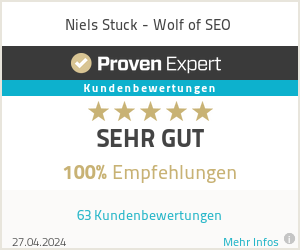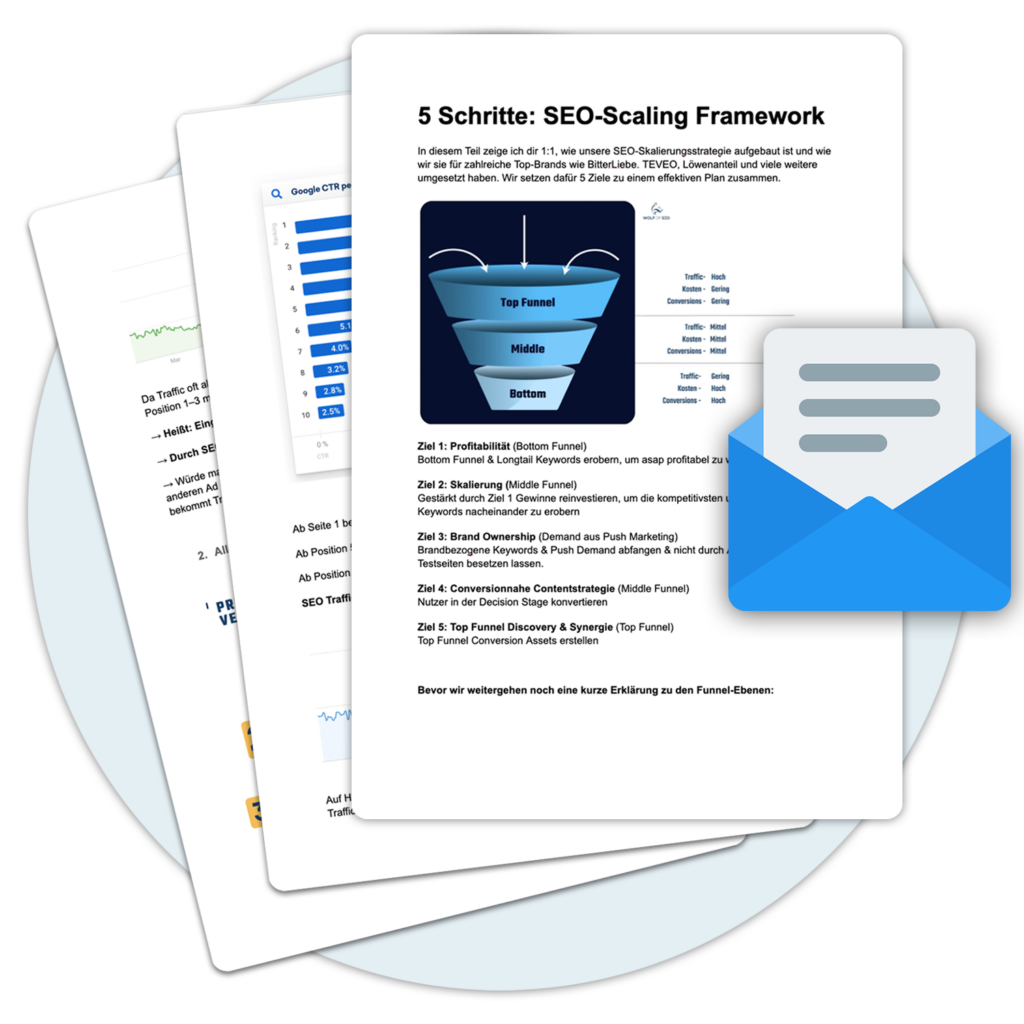What is added value?
Added value or Added value refers to the added value that a product, service or brand offers. As a rule, this added value is measured in comparison to similar offerings and often makes the difference between an average and an outstanding product.
Added value and competitive advantage
Added value results from the difference between the perceived benefit of a product and the actual cost. This can take the form of additional functions, better customer service or exclusive offers. Such added value is particularly important in highly competitive markets, as it helps to strengthen customer loyalty and positively influence purchasing decisions.
Added value as a unique selling point
Well thought-out added value can be Unique Selling Point (USP) dienen und sich klar von der Konkurrenz abheben. Dies kann beispielsweise durch umweltfreundliche Produkte, zusätzliche Dienstleistungen wie Kinderbetreuung im Fitnessstudio oder kostenlose Umtauschmöglichkeiten geschehen. Derartige Angebote erhöhen den wahrgenommenen Wert für den Kunden und steigern gleichzeitig die Wettbewerbsfähigkeit und den Unternehmenserfolg.
Relevance in modern marketing
In modern marketing Added value plays a decisive role. Additional benefit points not only improve the customer experience, but also strengthen customer loyalty. This leads to repeat purchases and increases the likelihood of recommendations. Such positive effects contribute significantly to the long-term growth of a company and promote better positioning in the market.
Importance of added value in marketing
In modern marketing, the Added value play a key role in differentiating products from the competition. By offering additional benefits that go beyond the basic offering, companies create a decisive difference that promotes customer loyalty and positively influences purchasing decisions.
Higher price positioning and customer loyalty
Added value enables companies to position their products at higher prices. Customers are often willing to pay more if they recognize additional value. This can be through high-quality materials, innovative functions or additional service. A good example of this is environmentally friendly products, which not only increase the ecological value but also support ethical purchasing decisions.
Increasing competitiveness
In a highly competitive market environment, added value can offer a decisive advantage in attracting and retaining customers. Exclusive offers and improved customer experiences increase the likelihood that customers will make repeat purchases and recommend the brand to others. This long-term effect contributes significantly to company growth.
Overall, the Added value a positive brand perception and strengthens the emotional bond between customer and brand. Exceeding expectations and improving the customer experience not only increases satisfaction, but also strengthens loyalty in the long term.
Application of added value in marketing
The Application of Added value in marketing has various facets and ranges from product development and customer service to branding. Through targeted measures and strategies, companies can offer their customers additional benefits and thus differentiate themselves from the competition.
Product and service benefits
A central starting point for creating added value is the quality of a product or service. Through new functions, better materials or innovative technologies, companies can optimally meet the needs of their customers. Jeans without leather patches can be offered to vegans, for example, while a fitness studio can create additional benefits through childcare. A lot of potential can also be exploited in the service area: a 24/7 IT fault service, free exchanges or multilingual advice increase the perceived value for the customer.
Brand image and customer service
A strong brand with a positive image contributes significantly to the perception of Added value with. Trustworthiness and emotional loyalty are promoted by positive brand values. Additional services also play an important role: free deliveries, extended warranties or exclusive training programs increase the benefits for the customer and promote customer loyalty.
Overall, the Added value as an effective marketing tool to increase customer satisfaction, encourage repeat purchases and ensure long-term growth.
Benefits of added value for SEO
The Added value von Inhalten spielt eine entscheidende Rolle für die Suchmaschinenoptimierung (SEO) und kann zu besseren Rankings und einer verbesserten Sichtbarkeit in Suchmaschinen führen. Hochwertiger Contentthat meets user requirements and offers additional benefits has a positive effect on SEO performance.
Improving the user experience
Content that is richer in added value significantly improves the user experience. Web content that answers questions comprehensively and offers specific recommendations for action leads to visitors staying on the website longer and a lower bounce rate. These are positive signals for search engine algorithms and can improve rankings in search results. In addition to textual content, multimedia elements such as high-quality images, explanatory videos or interactive graphics can also increase added value and strengthen user loyalty.
Technical and content-related factors
Search engines recognize high-quality Content increasingly better and prefer websites that offer valuable and unique information. Superfluous filler words and vague statements should be avoided in order to make the Content clear and precise. Technical aspects such as short loading times and a flawless display on different end devices also contribute to better ranking of the content. Overall, the use of value-added elementary measures leads to a significant improvement in SEO key figures and supports sustainable search engine optimization.
« Back to Glossary Index






